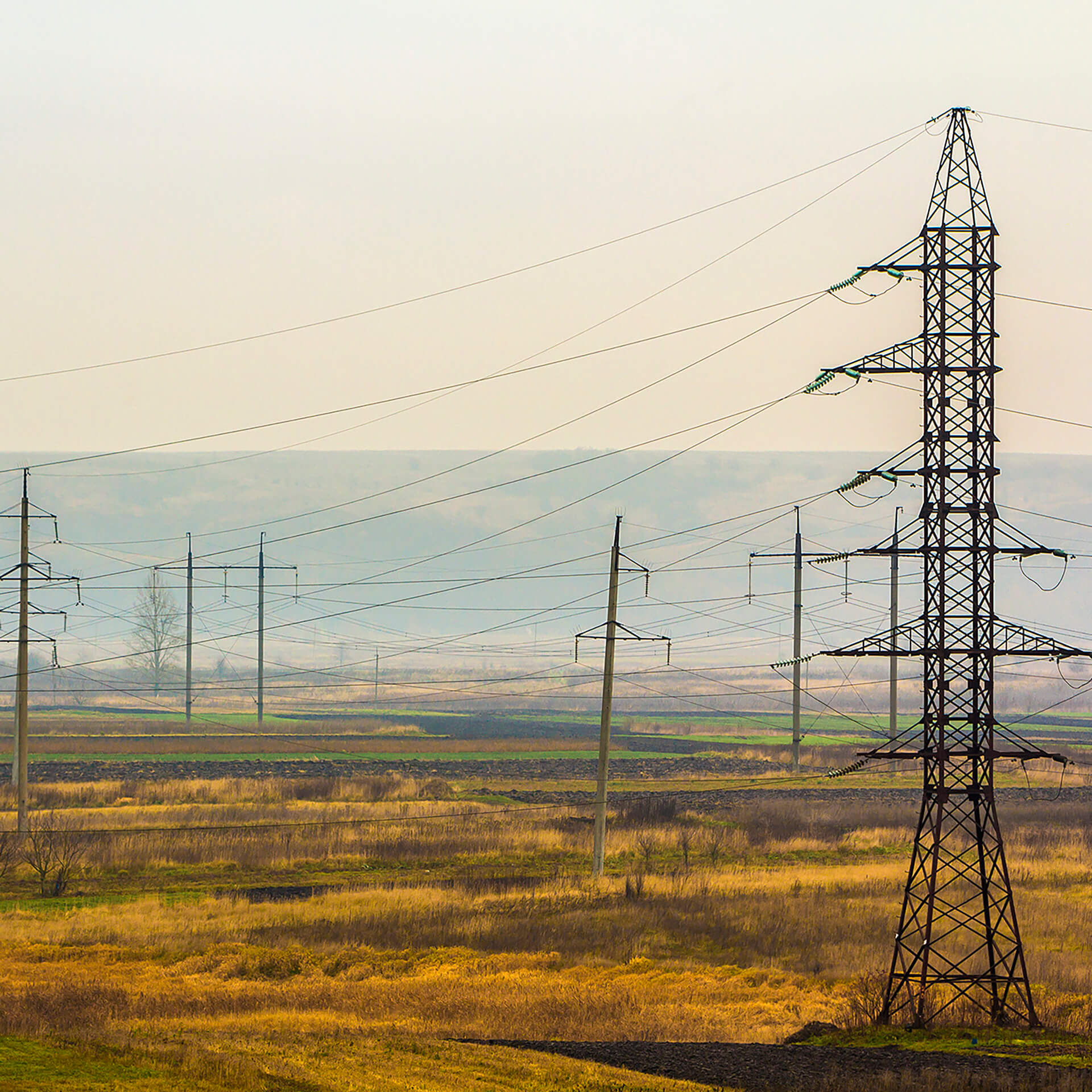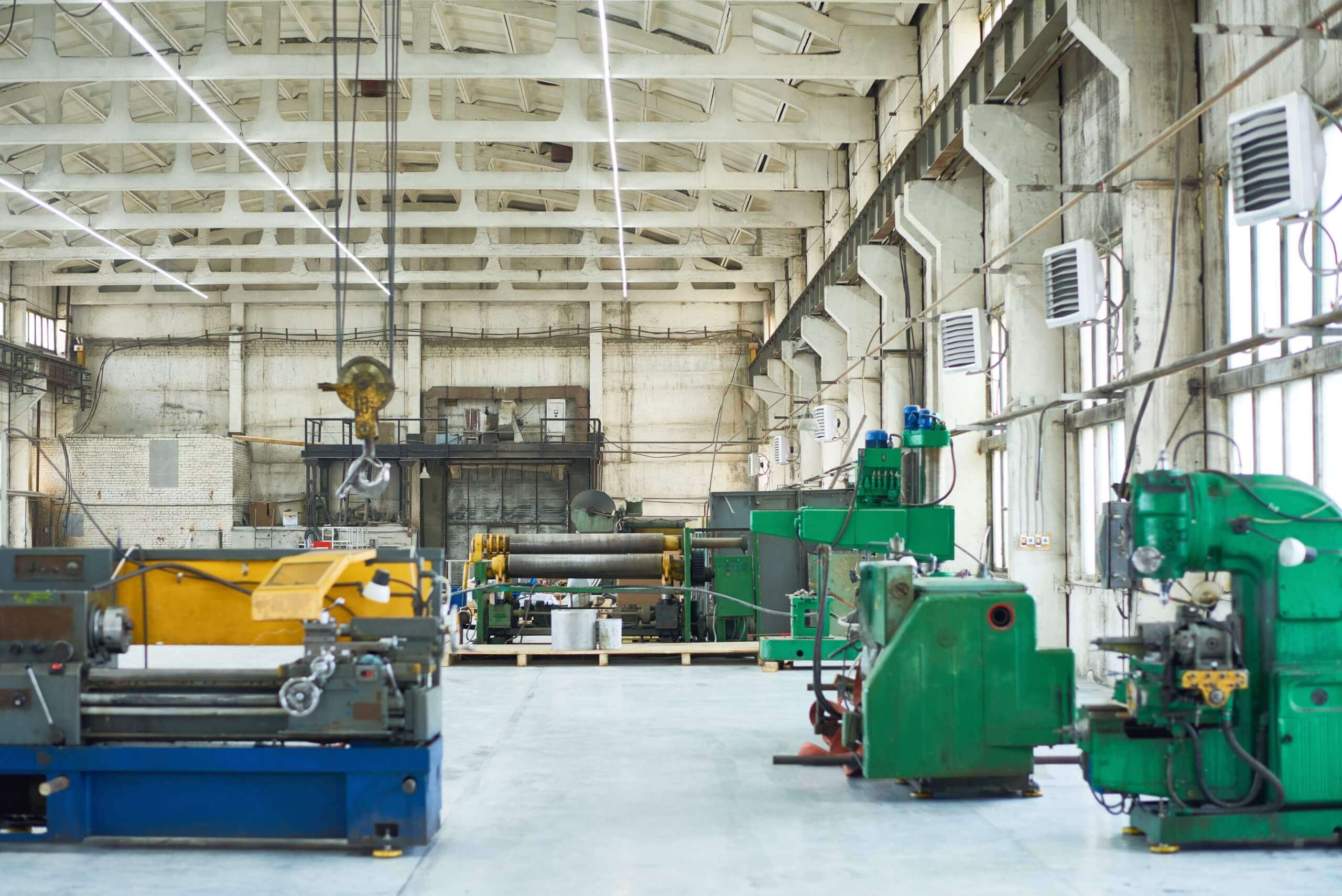Turning the tables: How the food industry is tackling the sustainability challenge of food waste
6th March 2025
Sustainability is an issue concerning all sectors of the economy, and the food and drink sector is no exception. One of the most pressing sustainability challenges for the sector is food waste. With the overall cost of food waste for UK businesses an estimated at £5 billion per year, businesses across industries face new food waste separation regulations coming into force on 31 March 2025. However, the food industry is rising to the occasion, implementing innovative strategies to reduce waste and promote sustainability.

The scale of the problem
According to the United Nations, approximately one-third of all food produced globally is lost or wasted each year. This amounts to about 1.3 billion tonnes of food, worth nearly $1 trillion. The environmental impact is equally staggering, with food waste accounting for roughly 8-10% of global greenhouse gas emissions. Studies show that the UK wastes approximately 9.52 million tonnes of food every year, and food waste in the UK generates approximately 25 million tonnes of greenhouse gas emissions annually, contributing to climate change.
Innovative solutions in the food industry
- Technology and data analytics. Many companies are leveraging technology to tackle food waste head-on. Advanced data analytics and artificial intelligence are being used to optimize supply chains, predict demand more accurately, and reduce overproduction. For instance, some retailers are using machine learning algorithms to adjust pricing dynamically, offering discounts on items nearing their expiration dates to encourage sales and prevent waste.
- Regulation and circular economy models. The concept of a circular economy, where waste is minimized and resources are continually reused, is not a new concept to the food industry. Using food waste as a valuable feedstock for renewable energy through anaerobic digestion technology is a shining example of the circular economy in practice. Meanwhile, regulations continue to drive the circular economy – from 31 March 2025, businesses have a legal duty to present the following wastes separated in accordance with the arrangements with their waste collector.
- Collaboration and partnerships. Collaboration across the supply chain is crucial for reducing food waste. Many businesses are partnering with food banks and charities to ensure that surplus food reaches those in need rather than ending up further down the ‘waste hierarchy’ as fuel for energy from waste or (worst of all) in landfill. Additionally, industry coalitions are forming to share best practices and drive collective action towards sustainability goals.
- Consumer engagement and education. Educating consumers about food waste and encouraging sustainable practices at home is another vital piece of the puzzle. Campaigns that raise awareness about the environmental impact of food waste and offer practical tips for reducing it are helping to shift consumer behaviour. Companies are also redesigning packaging to offer smaller portion sizes and resealable options to extend shelf life.
The road ahead
While significant progress is being made, the journey towards a sustainable food system is far from over. Continued innovation, investment, and collaboration are essential to overcoming the challenges of food waste. Policymakers, businesses, and consumers all have a role to play in creating a more sustainable future.
By turning the tables on food waste, the industry not only reduces its environmental footprint but also creates economic opportunities and contributes to global food security. For businesses looking to make a difference, embracing sustainability is not just a moral imperative but a strategic advantage. As consumer demand for environmentally responsible products grows, those who lead the charge in reducing food waste will be well-positioned to thrive in the new green economy.
Food waste separation and collection regulations
By 31st March 2025, businesses will need to have implemented separate food waste storage & collection processes. This means understanding what wastes are produced and at what frequency and how these wastes should be stored and collected to be compliant with the new legislation.
How we can help
Our food and drink team are multi-disciplinary encompassing lawyers from the commercial, corporate, energy, regulatory and dispute resolution teams. We are well positioned to help you with all aspects of your business including sustainability and the reduction of food waste.











